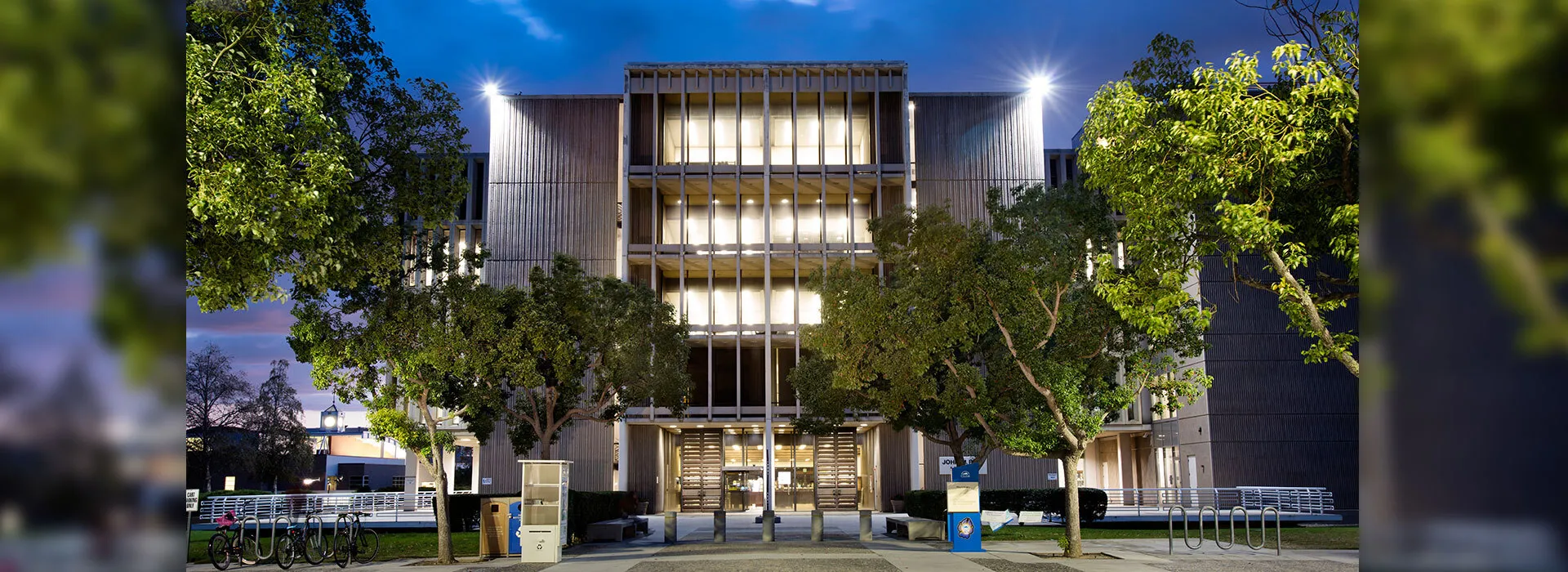
The complex relationship between discrimination and human ecology, and possible approaches to address it, will be the theme of a March 16 Yotie Talk featuring Angie Otiniano Verissimo, an assistant professor of health science and human ecology at Cal State San Bernardino.
The lecture, which is free and open to the public, will take place from noon to 1 p.m. in room PL-4005 of the John M. Pfau Library.
“This a timely and vital topic of discussion, especially for future health care professionals who will serve underserved and disadvantaged populations,” said Cesar Caballero, dean of the Pfau Library and chair of the University Diversity Committee. “It is an ethical, social, and economic imperative to eliminate disparities in health outcomes, which result in billions of dollars of both direct and indirect medical expenditures, not to mention heavy labor costs due to lost productivity.”
Numerous studies show that self-reported discrimination is associated with a myriad of poor mental and physical health outcomes, not limited to psychological distress, respiratory conditions and low birth weight. Individuals may experience discrimination based on gender, race/ethnicity, religion or sexual orientation among other characteristics and may experience discrimination in various settings. These settings include the housing, employment, and education sectors and even when accessing and receiving health care.
According to a 2015 article in the Journal of the American Medical Association, titled “Racial Bias in Health Care and Health: Challenges and Opportunities,” Harvard researchers David Williams and Ronald Wyatt cite a 2003 Institute of Medicine report that identifies pervasive “implicit bias” as a factor that affects the quality of health care African-Americans and other minorities receive.
“African-American individuals and those in other minority groups receive fewer procedures and poorer-quality medical care than white individuals,” Williams and Wyatt write. “These differences existed even after statistical adjustment for variations in health insurance, stage and severity of disease, income or education, comorbid disease, and the type of health care facility.”
Verissimo holds an M.P.H. and Ph.D. from the Department of Community Health Sciences at the University of California, Los Angeles School of Public Health. Her research examines how discrimination and other social determinants of health contribute to health disparities, particularly among Latinx.
“Discrimination is a social injustice that has profound effects on health. We have a responsibility as educators to train future health professionals and community leaders that will integrate this reality in the work they do,” said Verissimo.
For more information, contact Angie Verissimo at aotinianoverissimo@csusb.edu.
For more information on Cal State San Bernardino, contact the university’s Office of Strategic Communication at (909) 537-5007 and visit news.csusb.edu.